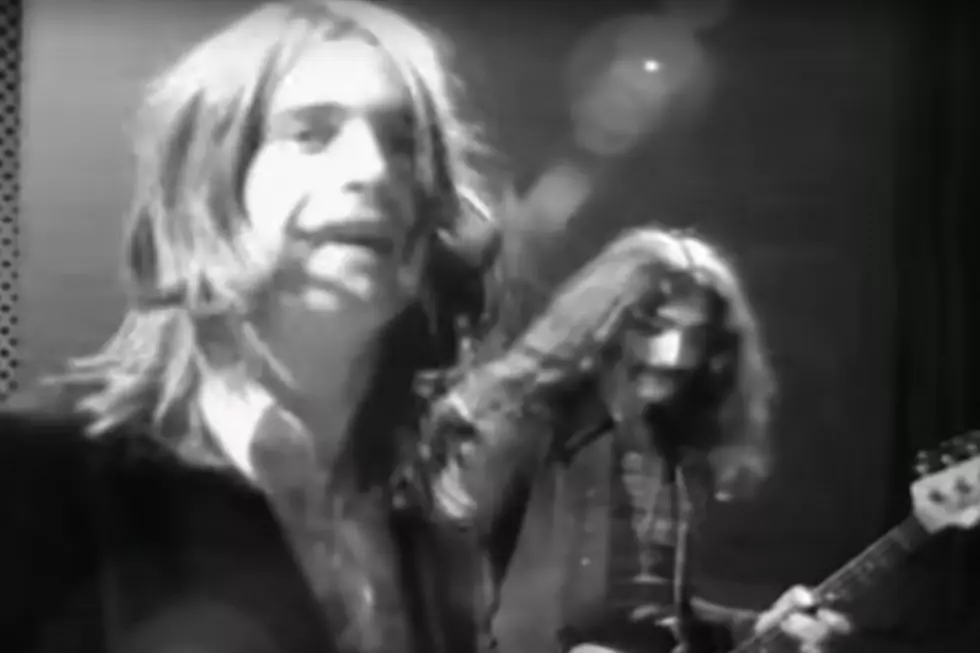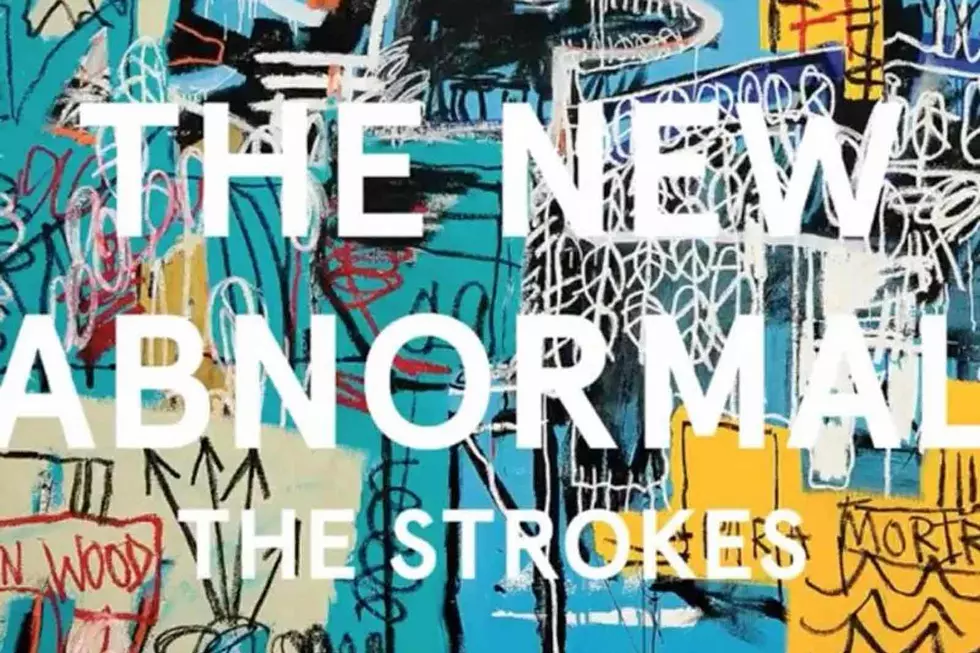
How Writing ‘Black Sabbath’ Defined a Band and Its Sound
In the late '60s, Earth were just one of the many bands playing clubs in Birmingham, U.K., but then they wrote a song called "Black Sabbath" and everything changed.
They were rehearsing at the Aston Community Centre when a jam drew bassist Geezer Butler back to his classical influences. “I was really into [composer Gustav Holst's] The Planets around that time,” Butler told Rolling Stone, “and I was trying to play ‘Mars, the Bringer of War’ on my bass, which I think influenced [guitarist] Tony [Iommi] to write the riff of ‘Black Sabbath.'”
Singer Ozzy Osbourne then remembered Butler telling him about an incident where he awoke to see a figure dressed in black at the foot of his bed before it vanished. Osbourne started singing, "What is this that stands before me?" and the song quickly fell into place.
Butler named the jam "Black Sabbath" after a 1963 Mario Bava horror movie starring Boris Karloff. When manager Jim Simpson later began pushing them to change the band's name, since Earth was so common, Butler once again suggested "Black Sabbath" – and it worked. "It's the name that led them into that style," Simpson said. "A name like that is a statement of intent."
Earth had already written a song called "Wicked World," but their set lists at this point were mostly comprised of blues covers, just as other local bands like Ten Years After and Free's were. Adding an original song helped distinguish the fledgling group from the competition.
"The audience was small, and nobody really knew quite how to react to ['Black Sabbath']," drummer Bill Ward told Rolling Stone. “But we put so much into the song onstage that everybody just started to nod to it, especially towards the endings and the very loud parts. People were just like, 'Wow, holy cow.'"
Butler said “when we played that song for the first time, the crowd went nuts.” But it also had one notable negative effect, according to Osbourne. “All the girls ran out of the venue screaming,” he wrote in I Am Ozzy. “‘Isn’t the whole point of being in a band to get a shag, not make the chicks run away?’ I complained to the others afterwards.”
Watch Black Sabbath Perform 'Black Sabbath'
Future Judas Priest singer Rob Halford, then a teenager in Birmingham, noted the change that came upon the band.
“I have vague memories of seeing them as Earth in an obscure club in Birmingham, and they were in a sort of heavy-blues, jazzy-prog mode musically," he told Rolling Stone. "There wasn’t much of anything going on visually to remember. When they became Black Sabbath, they had homed in on their identity more. Tony’s riffs played an immediately stronger role, and they now had a unique character that set them apart from everyone else locally or any other band around. Ozzy looked and sounded special, and the dynamic of Geezer and Bill set them up with a sound no one could match.”
Simpson got enough money from music publisher Tony Hall for two marathon sessions in November 1969 at Regent Sound Studios in London, where Black Sabbath tracked the bulk of their 1970 debut with producer Rodger Bain and engineer Tom Allom. (A cover of Crow's "Evil Woman" had been recorded earlier in the month.) The sessions were mostly live and had very few overdubs, though Bain and Allom added something special to the album-opening title track: the sound of a gathering storm.
“We rented a set of tubular bells, and we just clanged one of them,” Allom said. “I sort of made it fade in and out with reverb here and there, like when you’re standing in a field and a village church bell rings, as it comes and goes in the wind. It is iconic, isn’t it?”
Simpson called it "the greatest introduction to any rock record ever. If you had asked the band if they wanted that, they probably would have said no. If you tried to describe it, it would have sounded horrible. But it was just perfect. That was all Rodger Bain.”
A band, and their sound, had been established. “We were all so proud of ourselves when we wrote ‘Black Sabbath,'” Butler added. “I think it took a couple of hours to write it from top to bottom. Tony played the riff and we all just joined in. Ozzy spontaneously sang the lyrics. Then Tony topped it all by coming up with the menacing riff at the end. We knew it totally represented each one of us."
Black Sabbath Albums Ranked
You Think You Know Black Sabbath?
More From 103.7 The Hawk

![Sheriff Describes Effort to Secure Bighorn County Jail [AUDIO]](http://townsquare.media/site/125/files/2020/02/YCSO-Vehicle-1.jpg?w=980&q=75)








